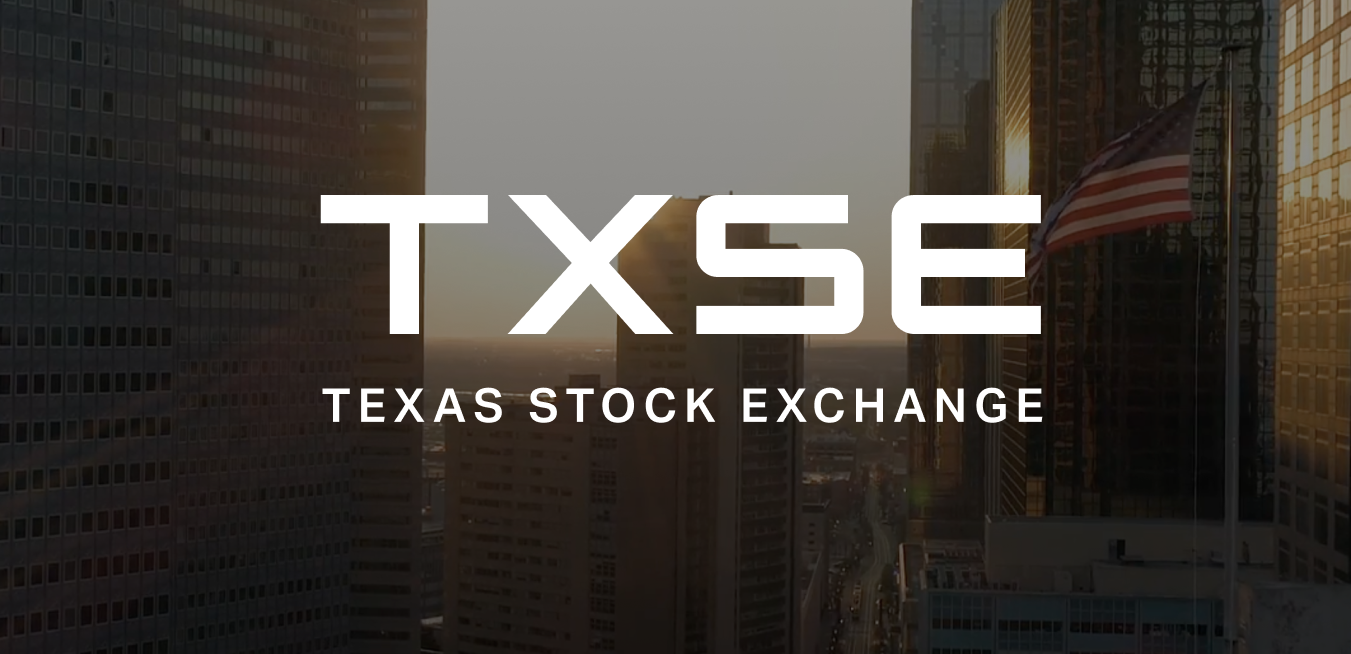It turns out things really are bigger in Texas, at least if you’re Citadel or BlackRock and want to start your own stock exchange.
In a potentially significant development for the financial markets, the Texas Stock Exchange (TXSE) plans to officially launch by 2026 and compete with the long-established NASDAQ and New York Stock Exchange (NYSE).
And this isn’t just a small startup being built in someone’s garage. This new stock exchange is being backed by some big time financial powerhouses, including BlackRock and Citadel Securities.
The idea behind the planned launch of the Texas Stock Exchange is rooted in the growing sentiment among some investors and corporations who feel disenfranchised by what they perceive as the increasingly stringent and politically influenced regulations of the traditional stock exchanges. The NASDAQ and NYSE have, in recent years, introduced several rules aimed at promoting diversity and corporate social responsibility. While these rules are well-intentioned, they have been met with resistance from those who view them as overreach. The TXSE presents itself as an alternative that champions free-market principles without the added layer of what some critics call “woke” policies.
Texas has long been a symbol of independence and economic freedom, making it a fitting location for this new exchange. The state’s business-friendly environment, coupled with its less restrictive regulatory framework, offers an attractive proposition for companies looking to avoid the more prescriptive measures of other exchanges. This appeal is further enhanced by Texas’ robust economy and its status as a hub for various industries, including technology, energy, and healthcare.
The involvement of financial giants like BlackRock and Citadel Securities adds significant credibility to the TXSE. BlackRock, the world’s largest asset manager, and Citadel Securities, a leading market maker, bring substantial expertise, resources, and investor confidence. Their participation suggests that the TXSE is not just a regional experiment but a serious contender on the national and potentially global stage.
While the TXSE’s anticipated launch is generating excitement, it is also raising questions about its potential impact on the existing financial ecosystem. Some analysts believe that the TXSE could siphon off listings from both the NASDAQ and NYSE, particularly from companies that align more closely with its regulatory philosophy.
Think Red states versus Blue states.
However, others argue that the established exchanges have entrenched positions and a level of liquidity and global reach that will be challenging to match.
The TXSE’s approach to technology and trading infrastructure will be crucial to its success. Modern stock exchanges rely heavily on advanced technology to ensure fast, efficient, and secure trading. The TXSE is expected to leverage cutting-edge technology to provide a seamless trading experience, potentially incorporating innovations such as blockchain to enhance transparency and reduce transaction costs.
Despite some early optimism surrounding the TXSE, it will face several challenges. Building a new stock exchange from scratch requires significant investment in infrastructure, regulatory approval, and the ability to attract a critical mass of listings and trading volume. Additionally, the TXSE will need to navigate the complexities of market dynamics and investor behavior, which are influenced by a myriad of factors, including economic conditions, political developments, and global financial trends.
The idea of launching the Texas Stock Exchange is intriguing from both an economic and technological perspective, but it remains to be seen whether the TXSE can achieve its ambitious goals. No doubt its development will be watched closely by investors, companies, and regulators alike, offering a fascinating case study in the interplay between regulation, market forces, and innovation in the financial industry.
Citadel and BlackRock back project to start a national stock exchange in Texas

